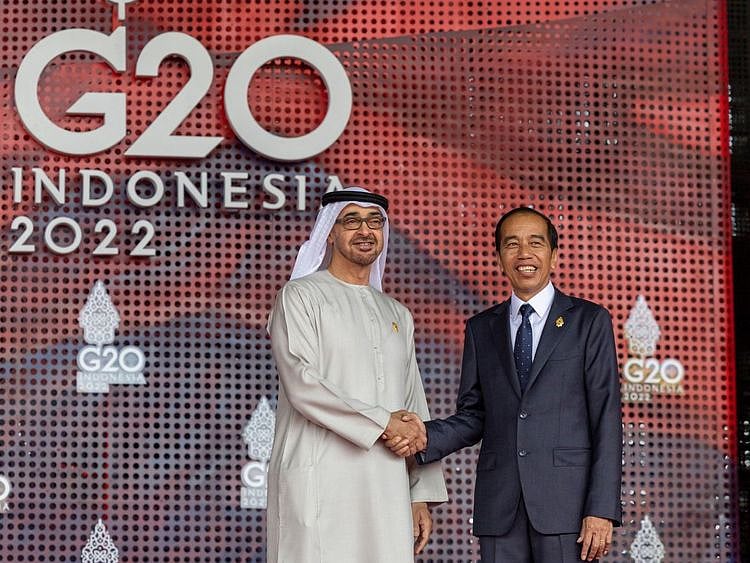Why the Bali Summit was a huge success
Indonesia’s non-aligned status, strategic location and economic potential came in handy

Global challenges like climate change, pandemics, food insecurity or nuclear war require global responses. Individual states may not be able to exert influence but together they can demonstrate sufficient heft, compelling great powers to listen to them. The G-20, comprising of world’s 20 biggest economies, is one group that is well placed to play such role.
It is in realisation of these common challenges Indonesia, which as the largest state in the region, stood out as sober voice among various contesting countries and played a bridge building role during its G-20 presidency and specially at the Summit it hosted in Bali last month.
Because of its size and potential, Indonesia’s role in the Southeast Asian region is widely acknowledged but there remained questions over its ability and capacity to lead continental or multilateral forums.
As its economic reforms have shown results, Indonesia’s standing has correspondingly risen, thus becoming the driving force behind Southeast Asia’s political and security community building. President Joko Widodo’s deft handling of G-20 presidency especially of the political and economic issues, has won the country kudos.
Indonesia, with its tradition of consensual approach, as practised in ASEAN has indeed set a high bar for the succeeding presidencies. Strictly following the pattern of troika structure where past, current and future G-20 hosts consult on Summit agenda, Indonesia was able to address mutual concerns of G-7 and the larger group of G-20.
This success did not come easy. President Widodo had to walk a diplomatic tightrope between Russia and the West. Fearing that key western players may drop out in presence of Russian President Putin his visit to both Moscow and Kiev during the summer turned out to be a diplomatic masterstroke — he invited both Putin and Zelensky to the G-20 Summit.
While soothing Western concerns, he was able to maintain relations with Russia. President Widodo explained that finding a solution to the global food and energy crises was his main priority alongside calling for a start of dialogue among the conflicting parties.
Within the G-20, Asia-Pacific economies particularly see little distinction between US and China. Singapore Prime Minister Lee Hsien Loong made this point on a recent visit to Australia, that decoupling of economies notwithstanding security concerns, could lead to ‘less economic cooperation, less interdependency, less trust, and possibly, ultimately a less stable world’.
The Biden — Xi Jinping meeting during the Summit, and its spin-off effect underlined the usefulness of these meetings. The optics and the statement sent the right messages to the waiting world.
The success of the Summit owes it to the realisation among the states that failure will have catastrophic economic consequences. Asia has indeed the most to lose from retreat from globalisation and decoupling of economies of China and the US.
But it should in no way take credit away from Indonesia who kept an active, credible and effective G-20 process moving forward in the wake of a divided world. A combination of Indonesia’s non-aligned status, its strategic location and economic potential allowed it act as a bridge between the two big powers.
Indonesia did its bit by getting them all in one room and talk. The immediate challenge lies on India, Brazil and South Africa who have been chosen to host the next three G-20 presidencies. The would look at them to play the middle ground and merge various contending views for the universal good.
With the global trading still in disarray, G-20 forum is arguably the best hope for dialogue and policy coordination to forestall national responses to transnational problems.
The success of Bali Summit silenced sceptics. Its results outperformed expectations. The lesser powers among G-20 must remain cognizant of the challenges facing the smaller states. Against all odds, the summit consolidated the G-20 self-designation as ‘the premier forum for global economic cooperation.’
Sajjad Ashraf served as an adjunct professor at the Lee Kuan Yew School of Public Policy, National University of Singapore from 2009 to 2017. He was a member of Pakistan Foreign Service from 1973 to 2008 and served as an ambassador to several countries.
Sign up for the Daily Briefing
Get the latest news and updates straight to your inbox
Network Links
GN StoreDownload our app
© Al Nisr Publishing LLC 2026. All rights reserved.